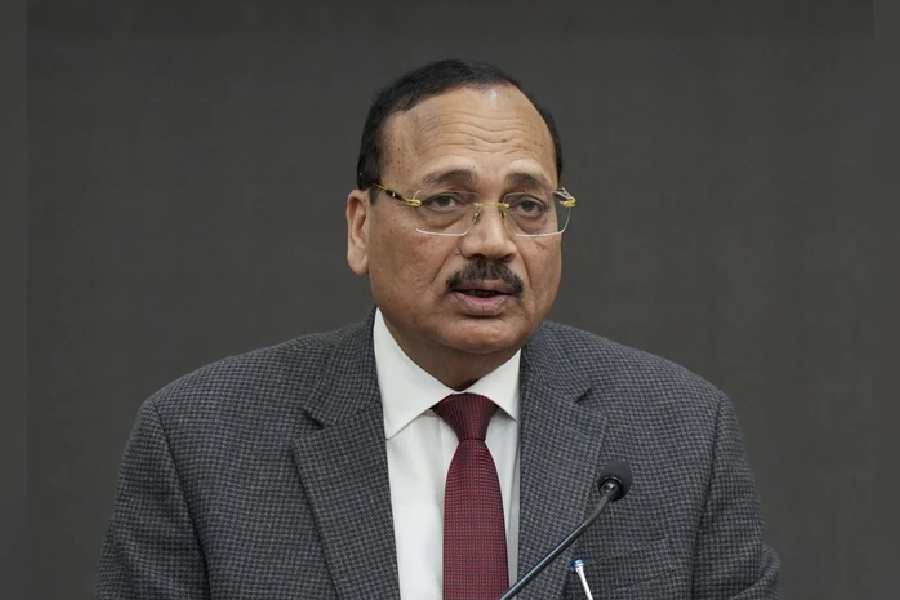Justice Surya Kant, who ruled on Article 370, Lakhimpur Kheri and Pegasus cases, set to be next CJI


Public Lokpal
October 23, 2025


Justice Surya Kant, who ruled on Article 370, Lakhimpur Kheri and Pegasus cases, set to be next CJI
New Delhi: The government on Thursday initiated the process to appoint Justice Surya Kant as the 51st Chief Justice of India, following the retirement of incumbent B.R. Gavai on November 23.
Justice Kant is scheduled to assume office in February 2027.
Since his elevation to the Supreme Court in May 2019, Justice Kant has authored over 80 judgments and participated in more than 1,000 verdicts spanning constitutional law, human rights, environmental protection, and criminal justice reform.
In 2022, he delivered a ruling in the Lakhimpur Kheri violence case, establishing that victims have "unbridled participatory rights from the stage of investigation till the culmination of the proceedings".
Writing for a three-judge bench, he held that victims' rights are "totally independent, incomparable, and are not accessory or auxiliary to those of the State," fundamentally redefining their role in India's criminal justice system.
On constitutional matters, Justice Kant authored the lead majority opinion in 2024 upholding Section 6A of the Citizenship Act, which grants citizenship to immigrants who entered Assam between 1966 and 1971.
He held that the provision embodies the principle of fraternity enshrined in the Constitution's Preamble, balancing humanitarian needs with Assam's economic and cultural concerns.
He was also part of the five-judge Constitution Bench that upheld the abrogation of Article 370 in 2023, and the bench that struck down the electoral bonds scheme in 2024 as violating citizens' fundamental right to information.
In a 2019 judgment, Justice Kant held that schemes extinguishing local water bodies, even with alternatives, violate Article 21 of the Constitution.
He emphasised that destroying natural water bodies causes cascading ecological effects that cannot be offset by creating artificial alternatives elsewhere.
More recently, he has called for India and Sri Lanka to champion regional environmental constitutionalism, stating that "environmental cooperation between India and Sri Lanka is not a matter of charity or diplomacy—it is a matter of survival".
During his high court tenure, Justice Kant directed Punjab to implement conjugal visits for jail inmates, making it the first Indian state to do so with over 1,000 prisoners benefiting from the scheme.
At the Supreme Court, he was part of the bench that ordered prison decongestion during the COVID-19 pandemic.
On gender justice, Justice Kant has called marriage "an uncomfortable truth" that has been "misused as an instrument of subjugation against women," emphasising the judiciary's role in transforming it into "a pious partnership grounded in dignity, mutual respect, and constitutional values of equality".
Justice Kant was part of the bench that appointed an expert committee to investigate Pegasus spyware allegations against journalists and activists in 2021.
More recently, his bench asserted that the right to freedom of speech under Article 19(1)(a) cannot override the right to dignity under Article 21.
Earlier this year, his bench directed the Assam Human Rights Commission to conduct an "impartial and diligent" inquiry into 171 alleged fake encounter cases between May 2021 and August 2022, reaffirming that no individual or institution is above the law.
PTI


